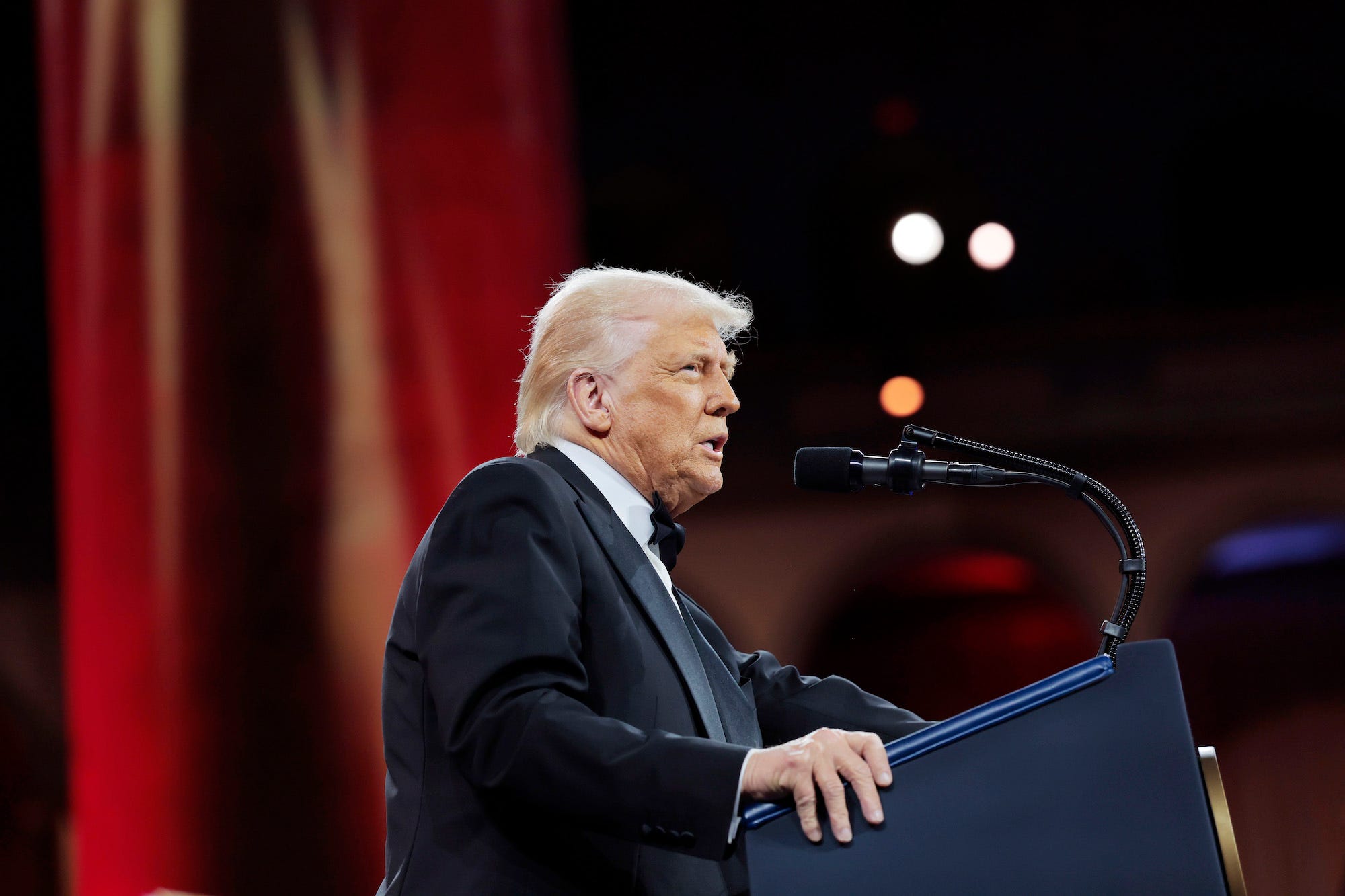
Policy think tank IMANI Africa has urged the Government of Ghana to broaden its international trade partnerships beyond the United States, following the imposition of a 10% tariff on Ghanaian exports by the US administration.
- IMANI Africa urges Ghana to broaden international trade partnerships
- Diversification is essential to cushion the Ghanaian economy from external trade shocks
- Enhancing exports to regional markets under AfCFTA and deepening trade relations with China and the EU will help reduce overreliance on the US market
The organisation believes that such diversification is essential to cushion the Ghanaian economy from the adverse effects of external trade shocks.
According to IMANI Africa, enhancing exports to regional markets under the African Continental Free Trade Area (AfCFTA), and deepening trade relations with China and the European Union, will help Ghana reduce its overreliance on the US market.
Strengthening regional value chains under AfCFTA
DON’T MISS THIS: ECOWAS breakaway states eyes Russian weapons and military partnership
In its latest economic brief, Criticality of Key Economic Issues for 31 March – 5 April 2025, IMANI stated: “By enhancing production for regional markets, Ghana can create more demand for local goods and reduce its vulnerability to external shocks like new tariffs.”
The think tank also underscored the importance of developing strong regional value chains to promote resilience within the domestic economy.

Improving competitiveness of Ghanaian exports
To thrive in an increasingly competitive global market, IMANI stressed the need for Ghanaian businesses to invest in quality improvement and market appeal.
“Boosting local industry and competitiveness is essential,” the report said. “Ghanaian exporters must improve product quality, branding, and packaging to distinguish their goods in highly competitive international markets.”
Impact of new US tariffs on Ghana’s economy
The imposition of the 10% US tariff is already raising alarm among Ghanaian exporters. IMANI warns that the effects could include reduced export earnings, a widening trade deficit, and disruptions in key local industries.
The tariffs are part of a broader global initiative by US President Donald Trump’s administration, which has slapped China with a 35% levy and the European Union with a 20% tariff. Ghana’s inclusion in the tariff plan has sparked discontent among the business community, particularly those reliant on export revenue.
DON’T MISS THIS: Putin believes that Russia and Africa are spiritually linked
Policy recommendation: Reduce reliance on US Trade
Reiterating its position, IMANI advised: “Ghana must expand its trade partners beyond the US to mitigate the impact of tariffs. Increasing exports to regional markets under AfCFTA, as well as growing trade with China and the EU, will help reduce Ghana’s dependence on the US market.”
The think tank concluded by emphasising that diversifying trade routes and deepening regional integration are critical strategies to safeguard Ghana’s economic future in an uncertain global trade environment.












